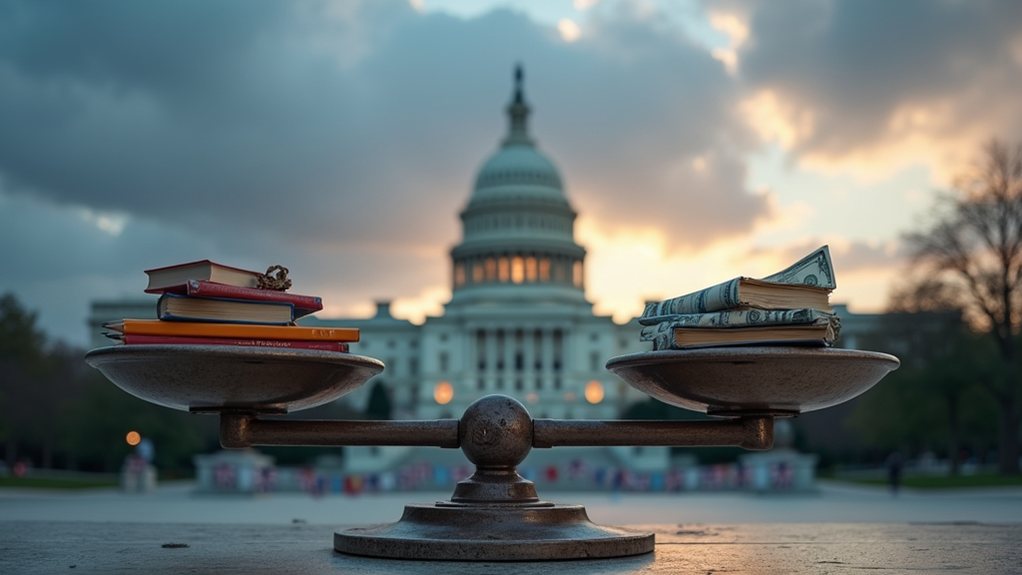Democratic states are taking action against significant cuts to the Department of Education made by the Trump administration. The cuts have resulted in a 50% reduction in the department's workforce. Linda McMahon, the new Secretary of Education, confirmed these changes through a memo outlining the department's final mission. Many federal education programs have been impacted. The Institute of Education Sciences was particularly affected, leading to the firing or suspension of numerous employees.
The Trump administration claims to save $1 billion by canceling contracts and grants. However, these actions put Title I funding for low-income schools at risk. Federal student loan programs are also threatened, and the protections provided by the Individuals with Disabilities Education Act (IDEA) are in jeopardy. The department's ability to collect data and conduct research has been severely diminished, which has raised concerns about the impact on education quality and support for students. The lawsuit emphasizes that the layoffs effectively dismantle the agency created by Congress.
The Trump administration's cuts threaten Title I funding, federal student loans, and crucial protections under IDEA, undermining educational equity and research capabilities.
In response, 21 Democratic-led states have filed a federal lawsuit in Massachusetts. Among these states are New York, New Jersey, Delaware, California, and Illinois. They argue that the cuts will lead to a loss or delay of federal money needed for schools. The states claim that the department can no longer meet its legal requirements.
The cuts have raised concerns about civil rights enforcement in education. Regional offices of the Office for Civil Rights (OCR) have been closed, weakening the federal government's ability to address discrimination based on race, sex, and disability. This could threaten fair access to advanced coursework and risk allowing discriminatory practices to go unchecked in schools.
The Department of Education manages $1.5 trillion in college loans. Disruptions could affect 43 million students and borrowers. For instance, California State University students receive over $1 billion in loans. Critics of the cuts argue they undermine public education and fear that education policy might be misused by the government.
The ACLU has called on Congress to restore the federal role in education, highlighting the seriousness of the situation.









